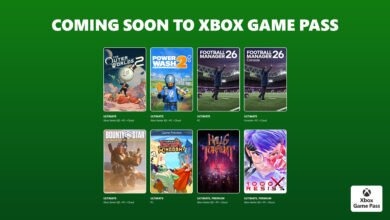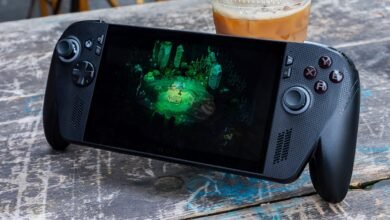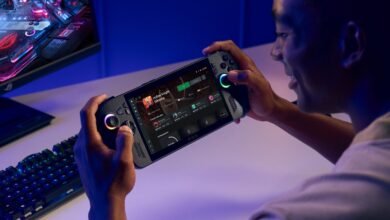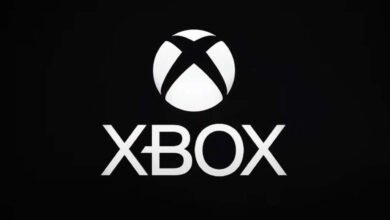Did You Pre-Order the ROG Ally Xbox?

▼ Summary
– Steam Deck runs SteamOS and doesn’t support Xbox games or Game Pass out of the box, unlike Windows-based handhelds.
– Windows PC handhelds offer access to Xbox libraries and Game Pass without requiring repurchases of games.
– SteamOS is optimized for gaming efficiency on low-power devices by eliminating unnecessary Windows processes.
– The Steam Deck is not a direct alternative for Xbox players seeking handheld access to their existing Xbox ecosystem.
– Alternative Windows handhelds like RoG Ally, Lenovo Go, and MSi Claw provide Xbox compatibility while also running Steam.
For gamers deeply invested in the Xbox ecosystem, choosing the right handheld device is a critical decision that directly impacts their game library access. While the Steam Deck garners significant attention, it operates on SteamOS, which doesn’t natively support Xbox Game Pass or many Play Anywhere titles right out of the box. This creates a fundamental difference for players who primarily want to continue their Xbox gaming journey on a portable screen.
The appeal of the Steam Deck, Nintendo Switch, and its successor is undeniable for general mobile gaming. These devices offer a fantastic, console-like experience for anyone looking to dive into their respective game libraries while traveling. However, for an Xbox enthusiast, the situation changes considerably. PC-based handhelds like the ASUS ROG Ally, Lenovo Legion Go, and MSI Claw run a full version of Windows. This is the crucial factor, as it allows for seamless integration with the Microsoft account you use for your Xbox. Signing in on one of these Windows handhelds immediately grants you access to your existing library of Xbox Play Anywhere titles and the entire Xbox Game Pass catalog through the PC app, eliminating the need to repurchase games you already own.
There’s no argument that SteamOS is a highly optimized platform for gaming, designed to eliminate the background processes and general “bloat” associated with a standard Windows installation. This efficiency is a major advantage on lower-powered hardware, ensuring that every bit of performance is dedicated to the game itself. Microsoft itself seems to have taken note, with its development of a new, more gaming-focused Windows version. Yet, this optimization comes with a trade-off for the Xbox user: the loss of direct compatibility with their primary gaming ecosystem.
The core takeaway is that a Steam Deck and a Windows handheld are not direct substitutes for someone whose primary goal is Xbox continuity. They serve different masters. If your priority is carrying over your existing Xbox games and subscriptions to a portable device, a Windows handheld is the definitive choice. These devices, including potential alternatives to a premium model like an “Xbox Ally X,” provide that native integration while still allowing you to install and use Steam for that platform’s vast library.
Naturally, if your objective is simply to have a portable gaming device and you are not concerned with your Xbox library, then the Steam Deck or a Switch are excellent and popular options. They offer unique exclusive games and can often represent a more budget-friendly entry point into handheld gaming compared to a full-fledged gaming laptop or desktop. However, for the vast majority of Xbox owners exploring the handheld market, the ability to play at least a portion of their existing game collection is a powerful incentive, making Windows-powered portables the most logical and integrated solution.
(Source: Pure Box)





